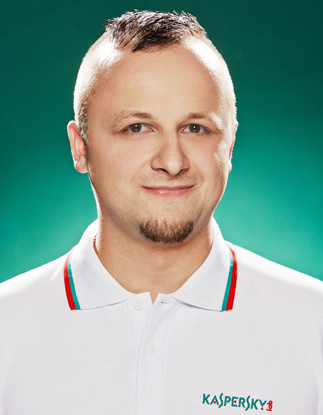In its December 2018 print edition, Professional Security magazine featured the startling prospect – well within our lifetimes – of, in effect, a memory hack; if our minds were connected to devices to share memories, like any Internet of Things (IoT) device already common, but raising the risk of a hacker stealing or inserting or wiping memories.
That arose from a conference in Barcelona by the cyber firm Kaspersky. The company’s case then; while the tech may be decades away, we ought to start thinking about what we want (if we want it at all), and drawing up standards to regulate products and their use, to be in good time for when the equipment arrives – given that internet-connected medical devices with updateable software can already be inside bodies.
Now the firm has had Opinium Research carry out a survey, which in July found that than one in five Brits (20pc) would opt for improved intelligence or brainpower with the help of technology, if they could. Some 39pc of UK adults feel that it is ‘completely’ or ‘mostly’ acceptable to use human augmentation to improve children’s ability to learn at school.
Human augmentation is the process of physically improving the body with technology, for example, by inserting a chip into the brain to enable it to function faster and access information from the Internet. Interest in augmenting brain power is equal amongst Brits aged 18-34 (24pc) and 35-54 (24pc) and less, 14pc for those aged 55-plus. Men (21pc) appear slightly more interested in improved brainpower and intelligence than women (19pc).
The study of 14,500 adults across 16 countries in Europe and North Africa found that a majority (63pc) of people surveyed there would consider augmenting their bodies with technology – permanently or temporarily. Italians are the most likely to consider human augmentation (81pc) while adults in the UK appear to be most sceptical; a good one in three, 36pc of Brits against the concept. More than half of adults in the UK (52pc) believe human augmentation will be dangerous for society, well above the study average of 39pc.
Enhanced brainpower or intelligence was most popular in Romania, where more than a third (35pc) would be interested in improving their brainpower. Then came Hungary and Morocco (both 30pc). Interest was lowest in Denmark (12pc), Germany and Greece (both 16pc). A third of people in the UK (34pc) believe it is either ‘completely’ or ‘mostly’ acceptable to leverage human augmentation technology to make people more intelligent in general.
Marco Preuss, pictured, Director of the Global Research and Analysis Team, Europe, for Kaspersky, said: “Security is going to be a key concern as human augmentation develops. There is a risk that human augmentation technology is advancing outside of the control of governments or other regulatory bodies, which is potentially dangerous for humanity. It’s something we should pay close attention to as human augmentation technology develops further.”
As he added, the firm has previously researched how chips implanted in the brain could be used by bad actors to hack and then exploit an individual’s memory. “Augmenting the brain opens up a truly staggering range of potential cyber threats.”
As the cyber firm adds, human augmentation has implications for society, especially in education and the workplace. Some tech thinkers suggest that chips implanted in the brain could help address mental health issues and boost performance. However, augmenting intelligence raises ethical and practical questions:
– Is it safe from a health perspective?
– Is it ethical? For example, should parents allow their children’s brains to be enhanced to give them an advantage at school?
– Will it give people an unfair advantage in the workplace and therefore create an even greater digital divide?










